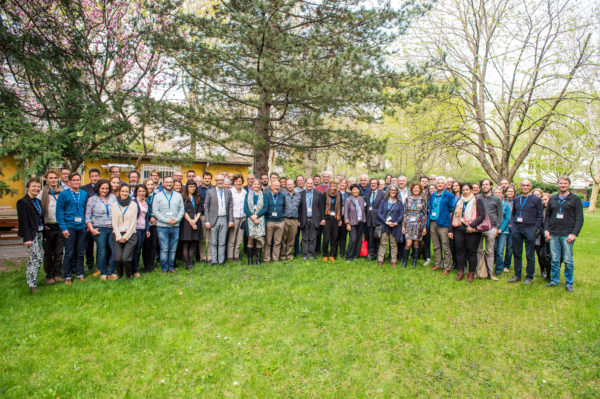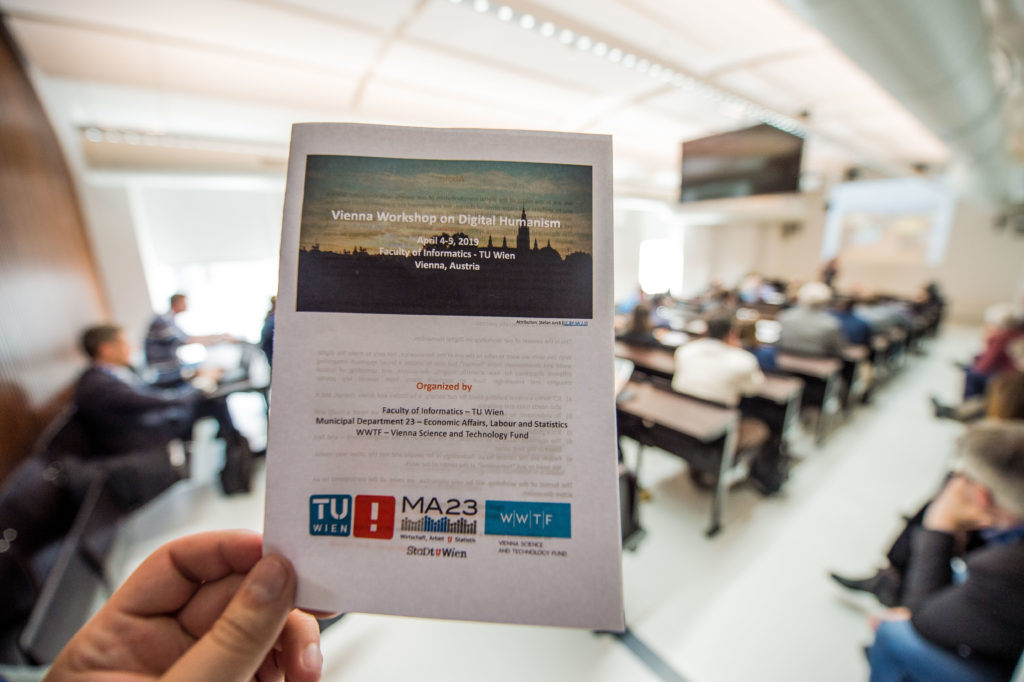I recently joined the two-day workshop hosted by the Faculty for Informatics at TU Vienna to explore ways we can work towards sustainable social, economic and environmental systems through technological transformation.
The international interdisciplinary program included computer scientists, social scientists, engineers, economists, historians and representatives from government and industry. Key themes concerned the need for greater transparency and scrutiny of existing internet-based systems and their governance, the implications of the world wide web’s decentralised beginnings now transforming into concentrations of power and unequal global access, as well as ethical and legal challenges of big data and how it is affecting human rights and democracy.
The workshop culminated with attendees being invited to co-produce a manifesto for digital humanism. The manifesto will seek to contribute to current highly topical debates on technology ethics and provide conceptual alignment for future collaborations and research agendas.
The topics explored at the Vienna Workshop for Digital Humanism aligned with the recent Open Source Mobility Whitepaper which calls for greater corporate and government transparency, data accessibility and the empowerment of individuals in civil society. With these attributes digital transformation can provide an innovation ecosystem that enables the proliferation of solutions that address complex global sustainability challenges, including mobility.

